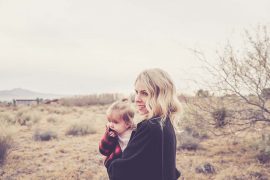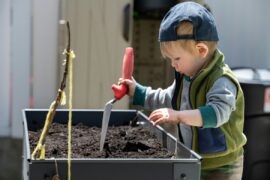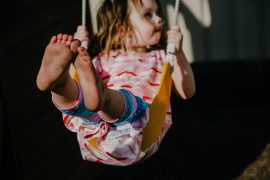One anonymous respondent stated that their biggest concern for their child was “them not being able to buy their own home or survive comfortably even if they do make a good wage, because everything is so expensive nowadays”.
Nathan Wallis, nib’s resident parenting expert, says the difference year on year from the 2021 survey is marked.
“Parents have never done it so hard. In these circumstances, focusing on wellbeing and finding ways to access support becomes really important,” Mr Wallis said.
“Self-calming strategies are helpful tools to manage stress, along with spending quality time with family, doing things that don’t necessarily cost money. Parents can take advantage of the summer months by getting outside with their kids and can make the most of free activities like concerts and movies in the park,” he said.
“Parents have never done it so hard. In these circumstances, focusing on wellbeing and finding ways to access support becomes really important,” Mr Wallis said.
“And of course, don’t go at it alone. There’s no such thing as being too proud to accept help when it’s offered. Lean on your networks of friends and family who can ease the daily burden,” Mr Wallis added.
Greater pressure on ethnic minorities
While six out of ten parents say the rising cost of living has affected the way they raise their children, Asian (73%), Māori (72%) and Pasifika families (72%) report feeling the crunch to a greater degree.
For these groups, contributing factors include the number of adults living in a household and the age and gender of the parents – younger parents are finding it harder, as are women.
To make ends meet, many Māori, Pasifika and Asian families are having to make more sacrifices than their Pakeha counterparts. While around half of Māori and Pasifika families are reducing spending, parents from these groups are more often going without essentials like skipping meals and petrol (23% and 17% respectively) compared to Pakeha (11%). Meanwhile, more Pasifika (21%) and Asian (22%) parents report needing a secondary income compared to Pakeha (10%).
While six out of ten parents say the rising cost of living has affected the way they raise their children, Asian (73%), Māori (72%) and Pasifika families (72%) report feeling the crunch to a greater degree.
nib’s Mr Hennin said that this survey is a reminder for parents that they’re not doing it alone, and support is out there.
“Parents today are juggling a million things; the last thing they want is for their family’s health to be sacrificed. And with concerns about financial uncertainty and job security on the rise, this no doubt takes a toll on mental wellbeing. When you’re running on empty, you can’t be the best parent you can be.
“If COVID-19 has taught us anything, it’s that our health and wellbeing takes priority. So, it’s nice to see that two thirds of parents surveyed are still planning a holiday. However, as an employer, it’s also important to take note so that you can ensure the right supports are in place for your people.”
[1] Survey conducted between 9 September – 7 October 2022. [2] House prices plummeting 11% (from November 2021) (RBNZ). Cash rates hit 3.0% in September 2022 (up from 0.25% in September 2021) (Stats NZ).To find out more about nib, head to their website and follow them on Facebook and Twitter.










